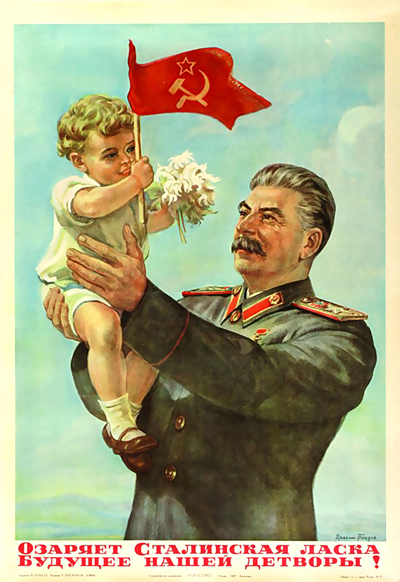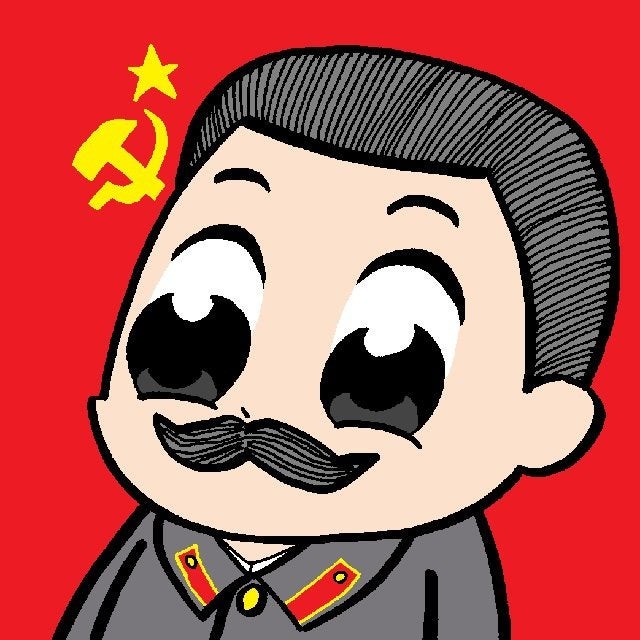Now I don’t mean “wage slaves” or anything of the like, I mean literal slaves like in the south of the USA before the Civil War and slaves in the markets in Libya.
Are they considered part of the proletariat?
Master owning Slave is a different class relation compared to Boss Vs. Worker. Similer in many ways, but different in others. A slave and a worker often have the same class interests, but selling one’s labor for a wage is one of the defining factors of proletarian.
From Engels - Principles of Communism
In what way do proletarians differ from slaves?
The slave is sold once and for all; the proletarian must sell himself daily and hourly.
The individual slave, property of one master, is assured an existence, however miserable it may be, because of the master’s interest. The individual proletarian, property as it were of the entire bourgeois class which buys his labor only when someone has need of it, has no secure existence. This existence is assured only to the class as a whole.
The slave is outside competition; the proletarian is in it and experiences all its vagaries.
The slave counts as a thing, not as a member of society. Thus, the slave can have a better existence than the proletarian, while the proletarian belongs to a higher stage of social development and, himself, stands on a higher social level than the slave.
The slave frees himself when, of all the relations of private property, he abolishes only the relation of slavery and thereby becomes a proletarian; the proletarian can free himself only by abolishing private property in general.
Working class yes, but unlike proletariat who sell labor power for wages and are variable capital, slaves are do not sell their labor power for wages and they are constant capital
No. The proletariat became a real thing after industrialization. Before that the middle class were guild people or merchants, shop owners, etc. The day laborer was the precursor to the proletariat but the day laborer couldn’t be considered a class because they just did odd like jobs and would also own a plot of land or be considered what is now a Lumpen.





